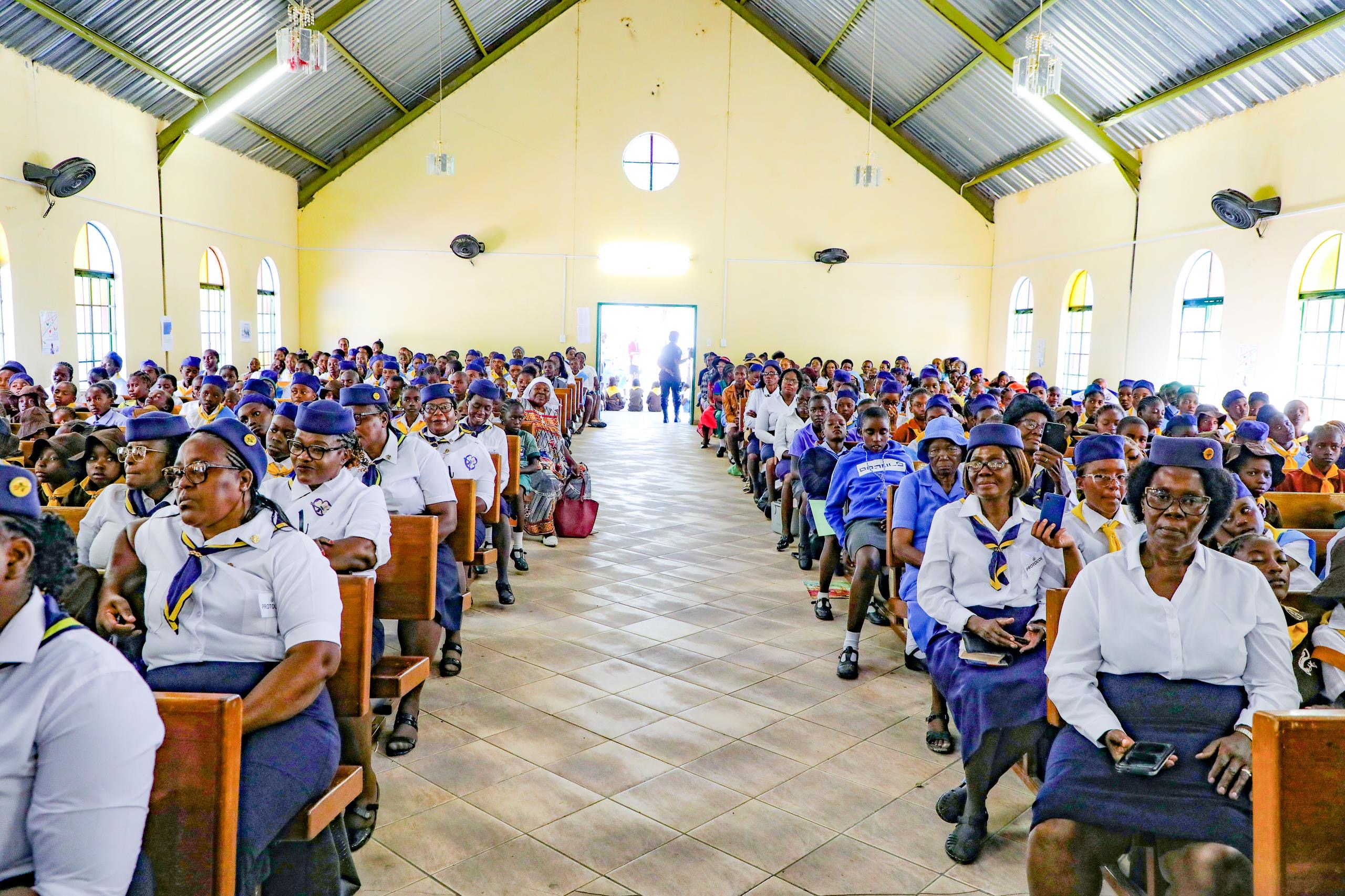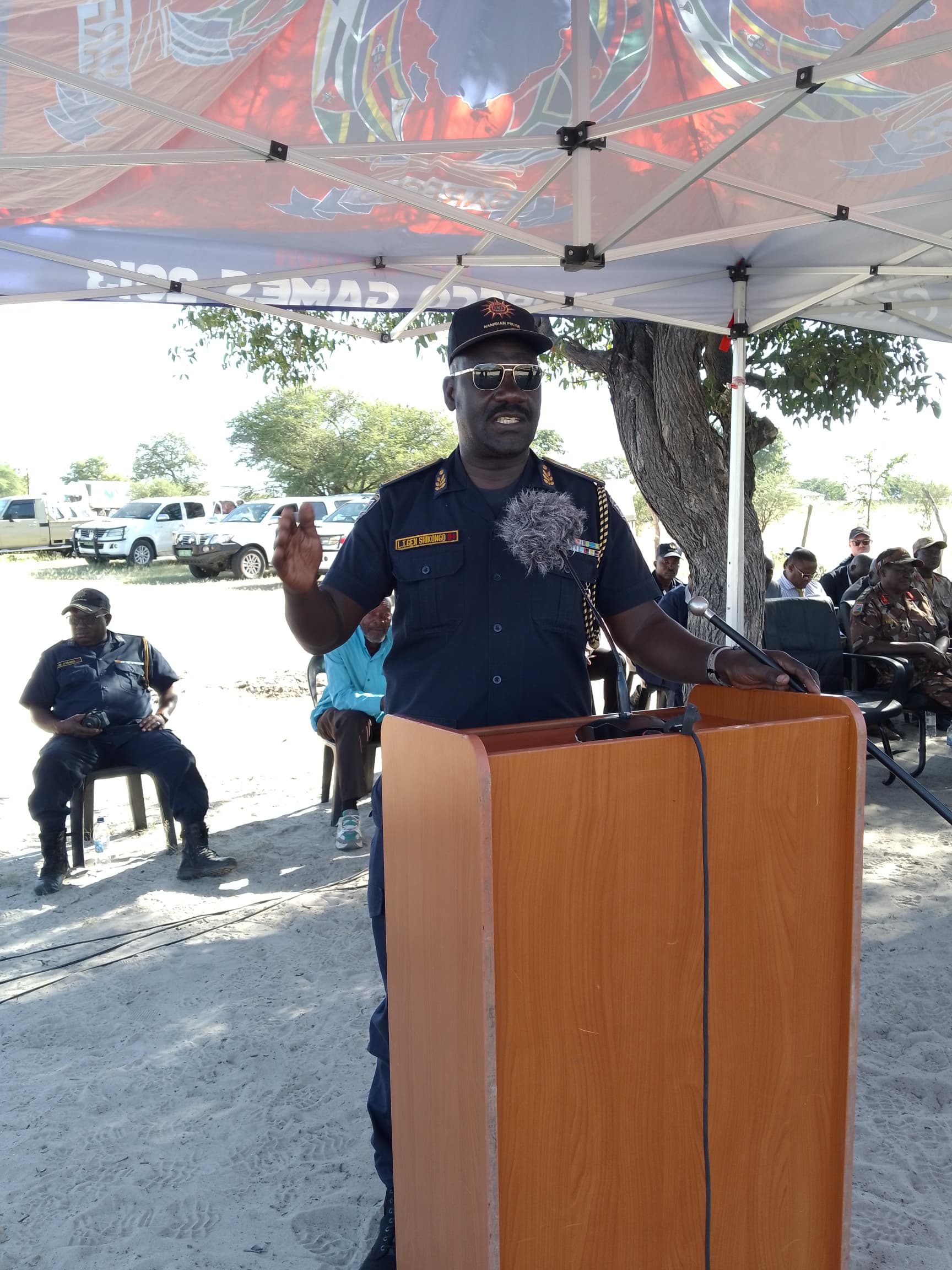KINSHASA – Authorities in Congo have uncovered an army-run smuggling ring in the cassiterite-rich Walikale district of North Kivu province, Mines Minister Martin Kabwelulu said on Monday.
Kabwelulu banned all mining activity in Walikale, which produces the majority of the eastern province’s cassiterite, the primary tin ore, on February 24 as part of efforts to restore order to the mining sector there. A five-year war that ended in 2003 has left much of Congo’s eastern borderlands a patchwork of rebel fiefdoms and militia-controlled zones.North Kivu has been the scene of more than a decade of conflict, with the government army and various illegal armed groups vying for control of lucrative mines.”According to the latest reports we have received, there are soldiers that continue to mine,” Kabwelulu told journalists in Congo’s capital Kinshasa.”I’ve specified this to the minister of defence.I said, ‘Your soldiers are still exploiting these minerals’.”Local authorities intercepted a load of smuggled minerals on Sunday, Kabwelulu said, adding that orders had been given to sell the ore at auction.Walikale is home to the Bisiye mine, North Kivu’s largest cassiterite mine, which is under the control of soldiers and demobilised former combatants.Just over 4 000 tonnes of cassiterite were exported from North Kivu’s capital, Goma, in the first half of 2007, though some of this originated from neighbouring South Kivu province.North and South Kivu exported a total of 7 000 tonnes of cassiterite in 2006, according to mining authorities, although industry experts estimate the real figure was closer to 12 000 tonnes, because a large amount of exports were undeclared.Past efforts to exert state control over mining in Walikale have failed, industry experts say.North Kivu’s provincial mines minister, Juma Balikwisha, told Reuters earlier this month that smugglers had succeeded in circumventing the Walikale ban by sending minerals by road into neighbouring Orientale, Maniema, and South Kivu province.Kabwelulu said authorities had discovered soldiers were also shipping ore by plane.He did not say how much he believed was being transported out of Walikale illegally.”They no longer pass directly through Goma.They pass via a little aerodrome.Planes go over there, they pick up the minerals, and they go to either Kisangani or Goma.And we’ve already uncovered that,” he said.Congo’s minister of defence and the army’s top commander in North Kivu could not be contacted for comment.The decision to temporarily ban mining in Walikale, home to local Mai Mai militia and Rwandan Hutu rebels, followed the signing in January of a ceasefire accord between President Joseph Kabila’s government and several armed groups.Three-month tin prices hit a record high just a day after the government announced the ban.Nampa-ReutersA five-year war that ended in 2003 has left much of Congo’s eastern borderlands a patchwork of rebel fiefdoms and militia-controlled zones.North Kivu has been the scene of more than a decade of conflict, with the government army and various illegal armed groups vying for control of lucrative mines.”According to the latest reports we have received, there are soldiers that continue to mine,” Kabwelulu told journalists in Congo’s capital Kinshasa.”I’ve specified this to the minister of defence.I said, ‘Your soldiers are still exploiting these minerals’.”Local authorities intercepted a load of smuggled minerals on Sunday, Kabwelulu said, adding that orders had been given to sell the ore at auction.Walikale is home to the Bisiye mine, North Kivu’s largest cassiterite mine, which is under the control of soldiers and demobilised former combatants.Just over 4 000 tonnes of cassiterite were exported from North Kivu’s capital, Goma, in the first half of 2007, though some of this originated from neighbouring South Kivu province.North and South Kivu exported a total of 7 000 tonnes of cassiterite in 2006, according to mining authorities, although industry experts estimate the real figure was closer to 12 000 tonnes, because a large amount of exports were undeclared.Past efforts to exert state control over mining in Walikale have failed, industry experts say.North Kivu’s provincial mines minister, Juma Balikwisha, told Reuters earlier this month that smugglers had succeeded in circumventing the Walikale ban by sending minerals by road into neighbouring Orientale, Maniema, and South Kivu province.Kabwelulu said authorities had discovered soldiers were also shipping ore by plane.He did not say how much he believed was being transported out of Walikale illegally.”They no longer pass directly through Goma.They pass via a little aerodrome.Planes go over there, they pick up the minerals, and they go to either Kisangani or Goma.And we’ve already uncovered that,” he said.Congo’s minister of defence and the army’s top commander in North Kivu could not be contacted for comment.The decision to temporarily ban mining in Walikale, home to local Mai Mai militia and Rwandan Hutu rebels, followed the signing in January of a ceasefire accord between President Joseph Kabila’s government and several armed groups.Three-month tin prices hit a record high just a day after the government announced the ban.Nampa-Reuters
Stay informed with The Namibian – your source for credible journalism. Get in-depth reporting and opinions for
only N$85 a month. Invest in journalism, invest in democracy –
Subscribe Now!










